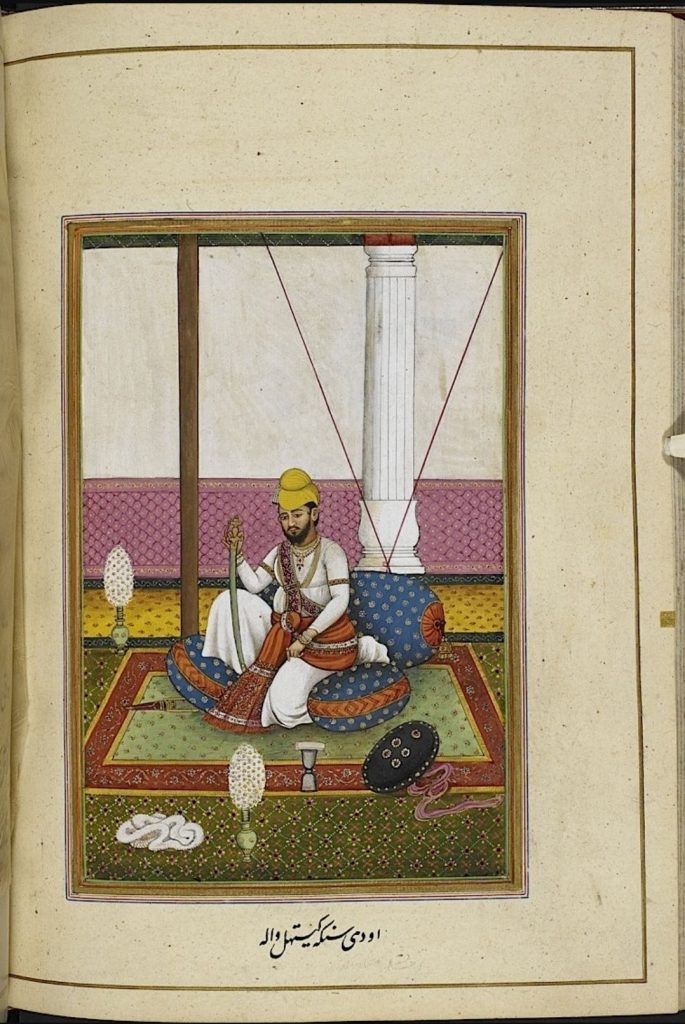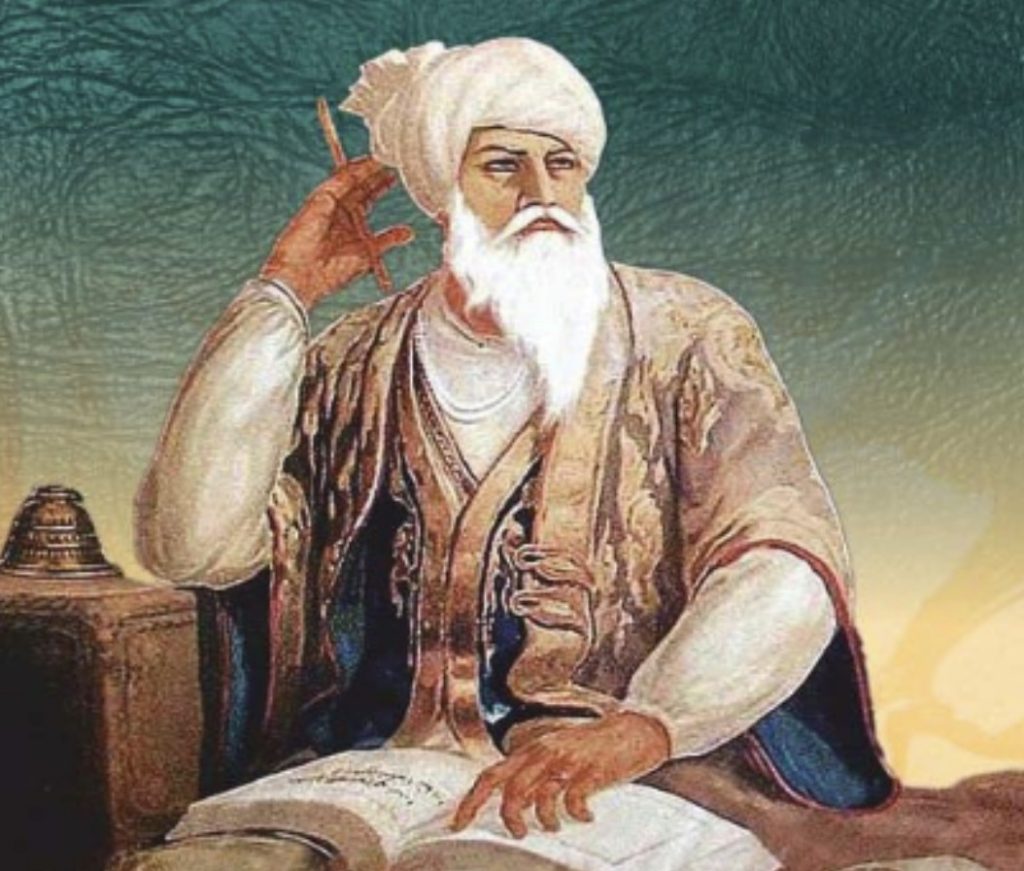Discover 'GARAB GANJANI TIKA', Bhai Santokh Singh's unique prose exegesis of Japu in the Nirmala tradition, showcasing Guru Nanak's teachings.
Delve into the poetic masterpiece 'ARZ ULALFAZ' by Bhai Nand Lal, exploring its literary and spiritual wisdom with 1,346 Persian couplets.
FATEHNAMAH, or Namah-i-Guru Gobind Singh, a letter (namah in Persian) that Guru Gobind Singh (1666-1708) is believed to have addressed to Emperor Aurangzib prior to his better known Zafarnamah included in the Dasam Granth. The first reference to the existence of Fatehndmah dates to 1922 when Babu Jagan Nath Das published in the Nagari Pracharini Patrika, Savan 1979 / July-August 1922, a letter supposed to have been sent by Chhatrapati Shivaji to Mirza Raja Jai Singh. In his introduction, Babu Jagan Nath Das had mentioned that he had copied around 1890 two letters from manuscripts in the possession of Baba Sumer Singh, mahant of Takht Sri Harimandar Sahib at Patna from 1882 to 1902 one, Shivaji`s which he was publishing in the Patrika and the other. Guru Gobind Singh`s which, he added, he had lost and of which he could not procure another copy owing to the death of the owner of the original document.
Discover Ganj Namah, Bhai Nand Lal's poetic tribute in Persian honoring the Ten Sikh Gurus, reflecting profound devotion and spiritual brilliance.
Discover the poetic homage to Sikh Gurus in Joti Bigas, blending Punjabi and Persian verses revered in Sikhism. Dive into Bhai Nand Lal's devotion.
Explore the spiritual devotion of Musan Bhai, honored by Guru Arjan in the Guru Granth Sahib, emphasizing love on the path to fulfillment.
Discover 'Raj Karega Khalsa,' the Sikh anthem symbolizing sovereignty and spiritual devotion, recited in unison at every religious Sikh service.
Explore Zindagi Namah, a soulful Persian poetry book by Bhai Nand Lal, unique for its alignment with Sikh hymns, diving into divine mysteries and spiritual wisdom.





